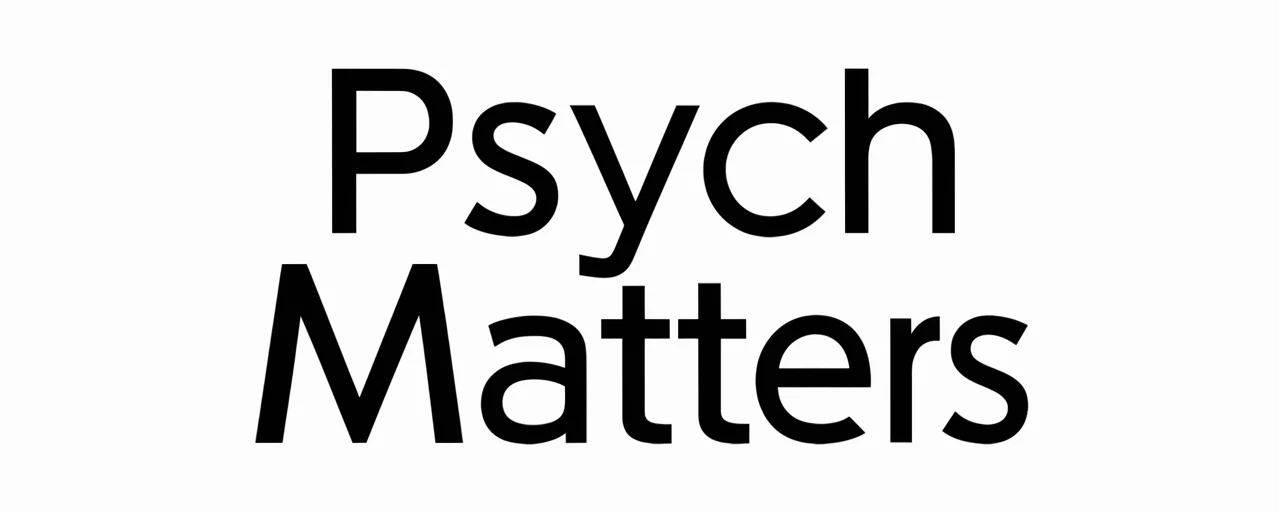Expert Advantage: The Psychology Behind Expertise and Credibility
The Spotlight Effect: Why Expertise and Credibility Matter
In the realm of expertise psychology and credibility psychology, how individuals perceive authority figures and trustworthy sources has profound implications for decision-making, persuasion, and belief formation. Research in persuasion theory shows that perceived expertise and credibility significantly influence whether audiences accept information as valid. This aligns with the “spotlight effect”—a phenomenon where certain individuals or sources dominate perception and decision-making due to their apparent competence and trustworthiness.

Defining Expertise: The Foundation of Authority
Psychologists define expertise as the degree to which a person is perceived as knowledgeable or skilled in a specific domain, thereby enabling them to provide accurate information or perform tasks more effectively than others. Expertise is typically domain-specific and can be demonstrated through:

- Formal education and certifications
- Years of practical experience
- Published works or recognized research
- Ability to explain complex concepts clearly
Perception of expertise also relies on cognitive biases such as authority bias or the halo effect, where competence in one field positively influences credibility judgments in unrelated areas. Importantly, expertise perception varies depending on audience expectations and contextual relevance.
Trustworthiness: The Bedrock of Credibility
Trustworthiness complements expertise by reflecting honesty, impartiality, and alignment with the audience’s best interests. In trust psychology, this factor hinges on consistent behavior, transparent motives, and the absence of deceptive intent. Typical trustworthiness factors include:

- Transparent disclosure of potential biases or conflicts of interest
- Demonstrated integrity in prior engagements
- Consistency in statements and actions
- Fair treatment of counterarguments and alternative viewpoints
Without trustworthiness, even the most knowledgeable sources risk losing influence—highlighting its essential role in credibility assessment.
Credibility Heuristics: Shortcut to Belief
Given cognitive limitations, individuals often use cognitive heuristics to make quick judgments about source credibility. Common heuristics influencing credibility cues include:

- Reputation heuristic: Trusting sources with established public recognition.
- Authority heuristic: Deferring to sources seen as official or professionally competent.
- Consistency heuristic: Favoring information that aligns with existing beliefs (confirmation bias).
- Social proof: Believing information endorsed or shared by others.
- Expectancy violation: Discounting unexpected or contradictory information.
- Persuasive intent heuristic: Skepticism toward sources perceived to have manipulative motives.
Heuristics are efficient but can skew judgment, leading individuals to overvalue or undervalue expert opinions based on superficial markers rather than objective competence.
Interplay of Expertise and Trustworthiness
Expertise alone is insufficient for maximum credibility. Studies show that sources with both high perceived expertise and high trustworthiness exert the greatest influence on attitudes (source credibility research). Moreover, psychological models indicate that trustworthiness can amplify or diminish the effect of expertise on credibility judgments. For example:

- High expertise + high trustworthiness → strong persuasive impact
- High expertise + low trustworthiness → skepticism and resistance
- Low expertise + high trustworthiness → moderate influence via goodwill perception
These dynamics underscore the need for communicators to cultivate both competence perception and integrity in order to be effective authority figures.
Building and Evaluating Credibility in Practice
Establishing credibility is an iterative process involving demonstrated competence, consistent ethical behavior, and the strategic use of credibility markers. Professionals can build credibility through:
- Publishing peer-reviewed research and authoritative articles
- Obtaining recognized certifications and credentials
- Engaging in transparent communication with audiences
- Actively addressing counterarguments and diverse perspectives
Evaluating credibility requires critical examination of both expertise recognition and trust formation indicators. In research contexts, qualitative credibility focuses on authentic representation of participant perspectives (credibility in qualitative research), while quantitative methods prioritize internal validity supported by statistical evidence.
The Trust Equation: Your Next Steps
Maximizing professional authority involves understanding that credibility equals expertise plus trustworthiness. As a practical framework, the “trust equation” suggests:
- Competence: Demonstrate knowledge validation through credible, accurate output.
- Integrity: Act in ways that signal ethical consistency and unbiased judgment.
- Reliability: Ensure consistent delivery of quality over time.
- Empathy: Engage with audience needs and perspectives sincerely.
By consciously integrating competence signaling with trust-building strategies, professionals can strengthen their position as credible authorities and enhance their influence in decision-making environments.







